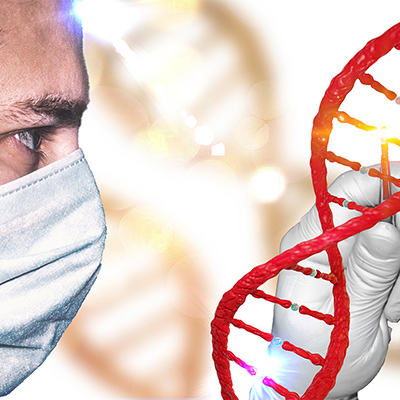September 28, 2022 -- Unravel Biosciences has licensed a drug discovery platform from Harvard University and Tufts University to decode and model complex central nervous system (CNS) diseases.
The Wyss Institute for Biologically Inspired Engineering at Harvard University invented the platform after identifying limitations of traditional drug development processes. CNS diseases such as bipolar disorder and Alzheimer's disease have complex mental and biological effects. It is hard to replicate that complexity in animal models.
Models that lack the complexity found in humans can fail to predict how a drug candidate will perform in people, contributing to the high rates of attrition seen after molecules enter clinical trials. To compound the problem, there is patient-to-patient variability in how CNS disorders manifest. As such, it is hard to find a molecular target that improves outcomes in all patients.
In 2015, the Wyss Institute developed CogniXense to address the challenges. The platform grew out of work, initially to find molecules that induce tolerance to sepsis, that delivered a tadpole-based cognitive assay and behavioral screening system. The system used Xenopus laevis frog tadpoles.
"Xenopus embryos are an amazingly tractable and powerful system for exploring the 'full stack' of biology: from genes, to physiology, to anatomy, to behavior. The whole brain and nervous system forms in front of your eyes in a week. I was really excited about collaborating to use automated assays in this exquisite little animal to impact human medicine," Mike Levin, PhD, Wyss Associate Faculty member, said in a statement.
Recognizing the broader potential of the technology in the study of complex diseases, the researchers formed a team to build on the screening system and selected Rett syndrome for a proof-of-concept project. Using the model, the researchers found they could replicate behavioral problems experienced by people with Rett syndrome in tadpoles. The project identified several drugs that reversed the symptoms seen in tadpoles.
Having validated the platform, the team worked to multiplex and automate the process to enable the analysis of more than 1,000 tadpoles simultaneously. The resulting platform combines a screening system based on CRISPR-edited tadpoles with algorithms that analyze the transcriptome network features of existing drugs to predict their effects on the targeted disease.
Unravel is using tadpoles as models for human cognition and behavior and will use the platform to develop a treatment for Rett syndrome. The biotech has partnered with TMA Precision Health to access a database of patients with rare diseases around the world, enabling it to reach people typically underrepresented in medical research. A clinical trial of a proprietary oral liquid treatment for Rett is set to start by the end of the year.
Copyright © 2022 scienceboard.net










